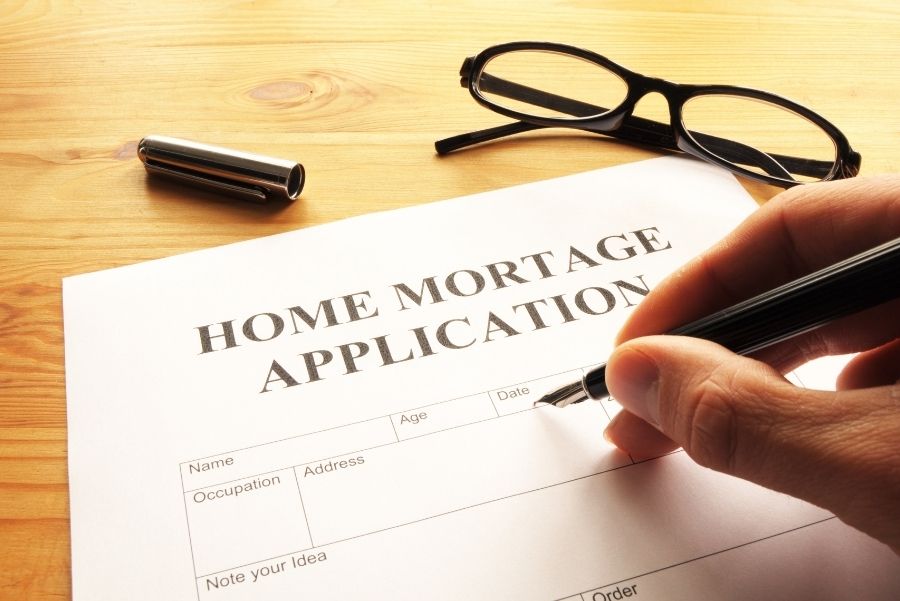It is thrilling to buy a home, but the finance side of the equation can be daunting. It requires plenty of research but once you know the vocabulary, deciding between the various forms of mortgage loans isn’t difficult. You’ll have a great sense of what loan suits best your needs after you’ve locked down a budget and down payment rate, and you’ve checked your credit.
Best types of mortgages in the UK
Here you have essential characteristics of the different types of loans:
- Fixed-rate mortgages: No matter what happens to interest rates, the interest rate you pay will remain the same throughout the contract. For instance, you can find them marketed as a 2-year fix’ or 5-year fix,’ along with the interest rate paid for that time. The most important advantage of this type of mortgage is that you have peace of mind that your monthly instalments will remain the same, helping you budget.

Among its most frequent inconveniences, in general, fixed-rate deals are marginally better than flexible mortgages, but you would not be benefited if interest rates decline. Beware of the charges you might end up paying if you decide to finish it early and plan yourself for the end of the fixed period. Otherwise, you could be ending up with a nasty surprise like Tom from Newcastle Solar Panels.
- Variable-rate mortgages: The interest rate will vary at any time for variable-rate mortgages. Be sure you have enough money put aside so that if premiums do rise, you can afford a spike in your payments. Here you have the most common types of variable-rate mortgages:

- Standard variable rate (SVR): The usual interest rate that the mortgage lender pays homebuyers will run as long as your mortgage or before another mortgage contract is taken out. After a rise or decline in the base rate fixed by the Bank of England, changes in the interest rate could occur; discount mortgages are a concession on the standard variable rate (SVR) of the loan that extends only for a certain amount of time, typically two to three years. But to buy around,